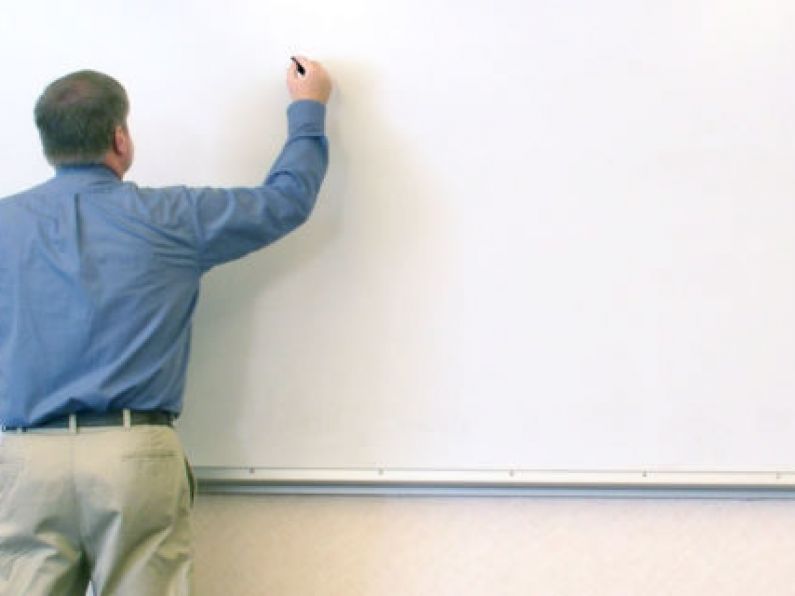Substitute teacher panels have been created for primary schools in an effort to combat staffing shortages.
The panels will be based in Cork, Galway, Kildare, and Meath, and north and south Dublin and will see up to 18 teachers hired on full-time contracts.
Each teacher will be based in one school and rotate among up to 15 other schools as part of a substitute cluster covering both urban and rural areas with the potential for the scheme to cover 90 schools.
Education Minister Joe McHugh said the scheme is a direct response to staffing difficulties in schools.
“We are initially focusing the panels on Dublin, Galway and Cork, and also the commuter belts in Kildare and Meath,” he said.
“These are where significant staffing pressures are being felt.
"Much like the clustering initiative for post-primary schools to work together and share teachers in some subjects, we are now asking principals and management to put the best foot forward to make these new substitute panels work."
The panels will be introduced in the six areas from the start of the 2019/2020 school year.
They will initially operate for one year and be reviewed at the end of that period to determine whether they should be continued in 2020/21.
Each panel will have two to three teachers who will cover 10-15 schools. Teachers will be employed by one school and assigned to others as required.
“These substitute supply panels have great potential to support schools in tackling the issue of staff shortages, to reduce administrative burden and improve access to quality, reliable substitute cover,” said Mr McHugh.
“I look forward to seeing this pilot project in action and I hope it will also deepen innovation and co-operation among schools.”
The announcement comes as the first of the country’s teaching unions meets today for its annual congress. INTO members will gather in Galway to discuss issues such as pay equality.
Following last year’s congress, INTO members rejected a ballot on pay equality and have called for further negotiations on conditions and pay for members who started between 2011 and 2014.
Members of the country’s other teaching unions — the TUI and ASTI — will meet later this week.






